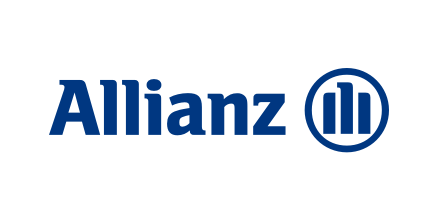Understanding Restrictive Covenants in LLP Agreements
In the world of business and legal agreements, restrictive covenants in LLP agreements play a crucial role in defining the rights and obligations of the parties involved. These covenants serve as protective measures and restrictions to ensure the smooth functioning and integrity of business relationships.
One important aspect of LLP agreements is the inclusion of a form token contract address. This contract address provides a unique identifier for the agreement, ensuring its authenticity and traceability. It helps in maintaining transparency and accountability throughout the contractual process.
When it comes to reselling products or services, having a well-drafted reseller agreement word is vital. This agreement sets out the terms and conditions under which the reseller can distribute and sell the products or services of the original seller. It protects the interests of both parties and establishes a clear framework for their collaboration.
Similarly, in the context of rental properties, a tenancy agreement RLA is crucial for landlords and tenants to establish their rights and responsibilities. This agreement outlines the terms of the tenancy, including rent, duration, and any special provisions. It helps prevent misunderstandings and conflicts between the parties.
Shifting our focus to historical agreements, the First World War agreement holds great significance. This agreement, signed after the end of the war, aimed to restore peace and rebuild the affected nations. It marked a turning point in international relations, leading to the establishment of various organizations and treaties that shape the world today.
In the realm of defense, the Defence Enterprise Agreement 2016 plays a crucial role in defining the terms and conditions of employment within the defense sector. This agreement covers various aspects, including remuneration, working hours, and employee benefits, ensuring fair treatment and the welfare of defense personnel.
When it comes to education, tuition reciprocity agreements in Ohio have gained importance. These agreements allow students from neighboring states to enroll in Ohio’s public colleges and universities at reduced tuition rates. It promotes educational exchange and helps students pursue higher education without significant financial barriers.
Within the context of loan agreements, it is vital to understand the concept of events of default. Contrary to popular belief, events of default in a loan agreement are always within the control of the borrower. These events refer to specific actions or circumstances that, if triggered, can lead to the borrower being considered in default and facing potential consequences.
Turning our attention to the legal process, a reaffirmation agreement court hearing carries significant weight. In bankruptcy proceedings, a reaffirmation agreement allows the debtor to retain certain debts and continue making payments to the creditor. The court hearing ensures that the terms of the agreement are fair and reasonable, protecting the interests of both parties involved.
Lastly, in the domain of international trade, the Trade Facilitation Agreement plurilateral holds immense importance. This agreement aims to simplify and streamline customs procedures to facilitate smoother and more efficient trade between participating countries. It promotes economic growth and development by reducing barriers and enhancing cooperation.
In conclusion, understanding the various agreements and covenants mentioned above is crucial in navigating the complex world of business, law, and international relations. These agreements play significant roles in safeguarding rights, establishing fair terms, and promoting collaboration.









